Early detection and recommendation of higher precision in treatment of late blight in potato crops by using drone photos is the title of a Master Thesis by Anna Lindéus at the Risk Master program at Lund University (LTH). It has been developed in a collaboration with the Centre of Environmental and Climate research and Vultus. The supervisors have been Ullrika Sahlin (CEC) and Abdalla Eltayeb (Vultus).
The thesis was presented Friday 26th at 10.00 in V:Brand 3th floor, V-building, LTH, Lund.
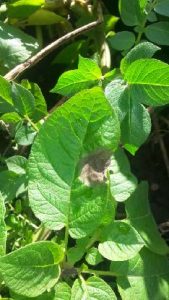
Description in Swedish:
Förekomsten av bladmögel hos potatis har varit och är ett globalt problem. Bladmögel orsakade t.ex. den förödande hungersnöden på Irland i mitten av 1800-talet. I dag besprutas potatisodlingar med stora mängder bekämpningsmedel, i form av fungicider, i förebyggande syfte för att motverka bladmögel.
Genom att försöka undvika onödiga och överflödiga fungicidbehandlingar, kommer det att minska kostnaderna för brukarna samt gynna miljön. Forskning pågår för att försöka optimera användningen av fungicider. Det finns redan flera beslutsstödsystem som ger rekommendationer gällande hantering av bladmögel. Dessa beslutsstödsystem använder modeller som försöker förutspå risken för mögelangrepp, som framförallt är baserade på väderdata. Fjärranalys och drönarfoto används för precisionsodling, vilket är ett sätt att minska kostnader och miljöpåverkan.
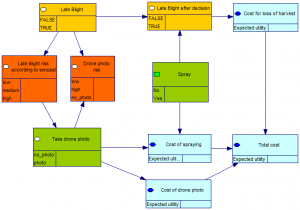
I detta arbete har en riskmodell utvecklats för att förutse risken för bladmögel, baserad på väderdata och drönarfoto. Riskmodellen har integrerats i en beslutsanalys för att undersöka om det är kostnadseffektivt att använda drönare för att upptäcka mögel. En känslighetsanalys med fiktiva värden för kostander visar att det man vinner i känslighet mot huruvida det finns mögel eller ej är svårt att uppväga mot möjliga förluster i potatisskörden, särskilt när kostand för drönarfoton är hög. Det skulle kunna gå att hitta strategier där drönare ger mervärde om de kan minska kostnad för applicering av fungicider.
Vi planerar ta arbetet ett steg till och göra en något mer avancerad modell som ser på beslut och utveckling av mögel vid flera tillfällen och som bygger på mer data från fältförsök och drönarfoton.

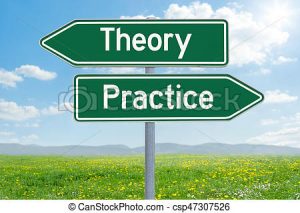
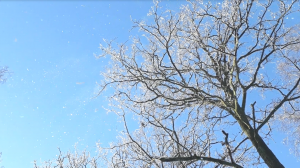
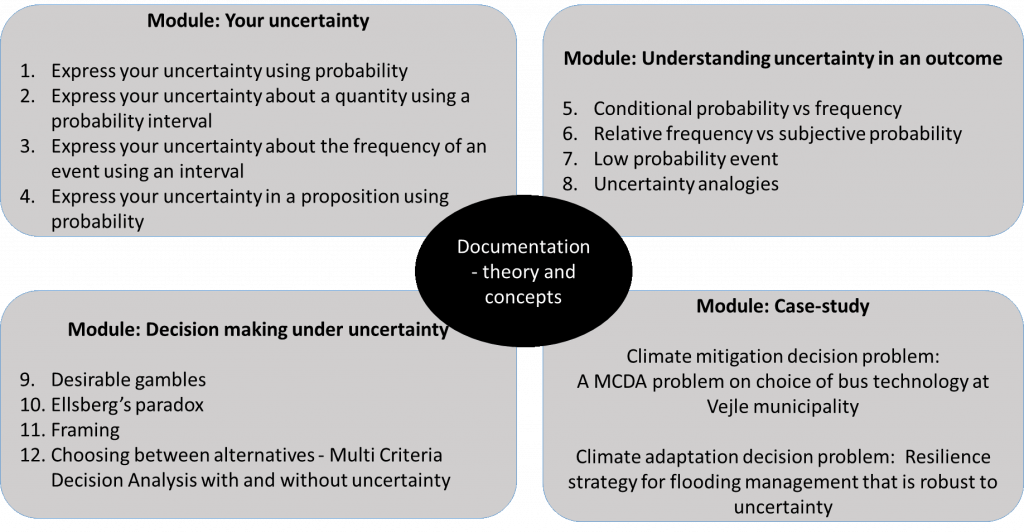
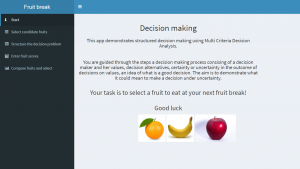
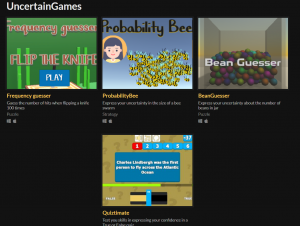
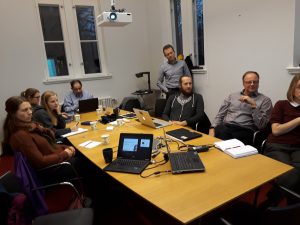
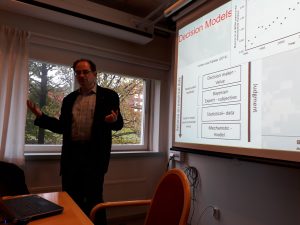
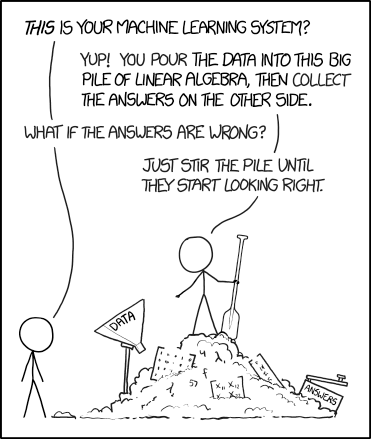

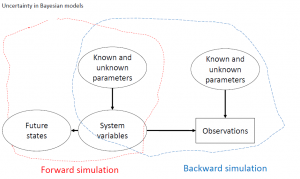
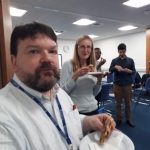
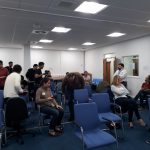
Comments